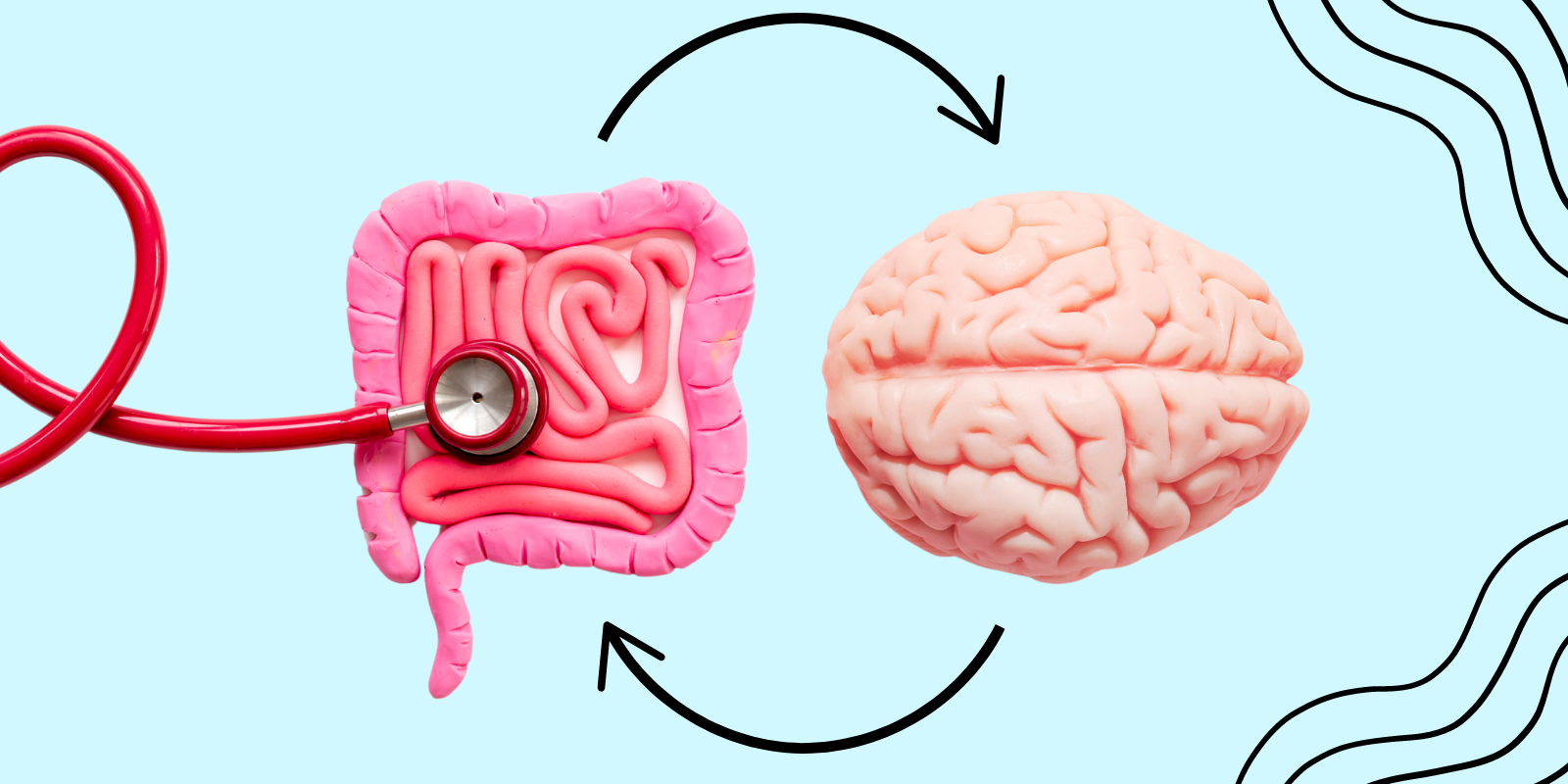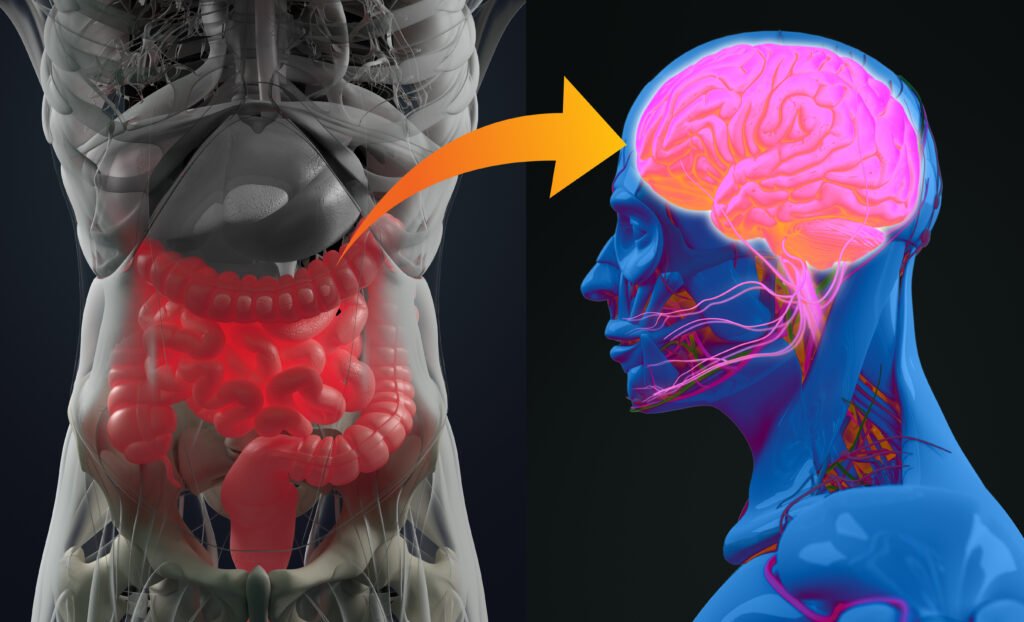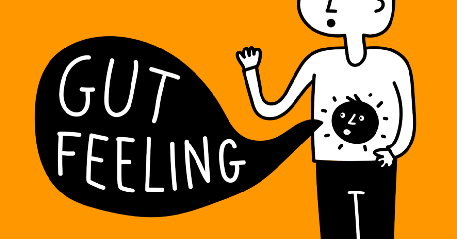Physical Address
304 North Cardinal St.
Dorchester Center, MA 02124

It might sound like science fiction, but your gut and brain are deeply connected — so much so that scientists often refer to the gut as your “second brain.” And no, this isn’t just a metaphor. Your digestive system is packed with over 100 million nerve cells, making it more neurologically rich than even your spinal cord.
The gut-brain connection is part of what scientists call the enteric nervous system (ENS). This network of neurons lines your gastrointestinal tract and communicates constantly with your brain through a two-way highway called the gut-brain axis. And what’s even more fascinating is how this hidden communication can impact everything from your mood and memory to your immune system.
Many people are surprised to learn that about 90% of the body’s serotonin — a neurotransmitter that plays a big role in mood regulation — is produced in the gut, not the brain. That means your belly might be having a bigger say in how you feel than you think.

Recent studies show that an unhealthy gut — loaded with bad bacteria or inflammation — can actually influence anxiety, depression, and stress levels. In fact, some scientists believe that treating gut health could be one of the most powerful ways to improve mental well-being.
“Your gut listens to your emotions,” explains neuroscientist Dr. Lisa Mosconi. “And it often talks back through symptoms like bloating, indigestion, or even brain fog. The conversation between the gut and the brain is non-stop.”
And it doesn’t stop at mental health. The gut also plays a vital role in decision-making, focus, and even sleep. Ever heard the term “gut feeling”? It’s not just a poetic phrase — it’s your gut’s way of warning or guiding you based on thousands of tiny signals.

What controls this magical bridge between belly and brain? A big part of the answer lies in gut microbiota — the trillions of bacteria living in your intestines. When your microbiome is balanced and diverse, it promotes healthy digestion and clear communication with the brain. But when it’s out of sync, it can lead to confusion — both in your belly and your head.
From fermented foods to fiber-rich meals and even mindfulness practices, small changes to your lifestyle can create big improvements in gut-brain harmony.

Conclusion
The gut isn’t just about digestion — it’s a powerful communication center that speaks directly to your brain. From mood swings to mental clarity, your gut health may be shaping how you think and feel far more than you ever imagined. Understanding this connection isn’t just fascinating; it opens doors to better mental, emotional, and physical health.
What do you think?
Have you ever experienced a “gut feeling” that turned out to be right? Do you believe improving gut health can help with mental well-being? Share your thoughts in the comments — we’d love to hear your experience and point of view!